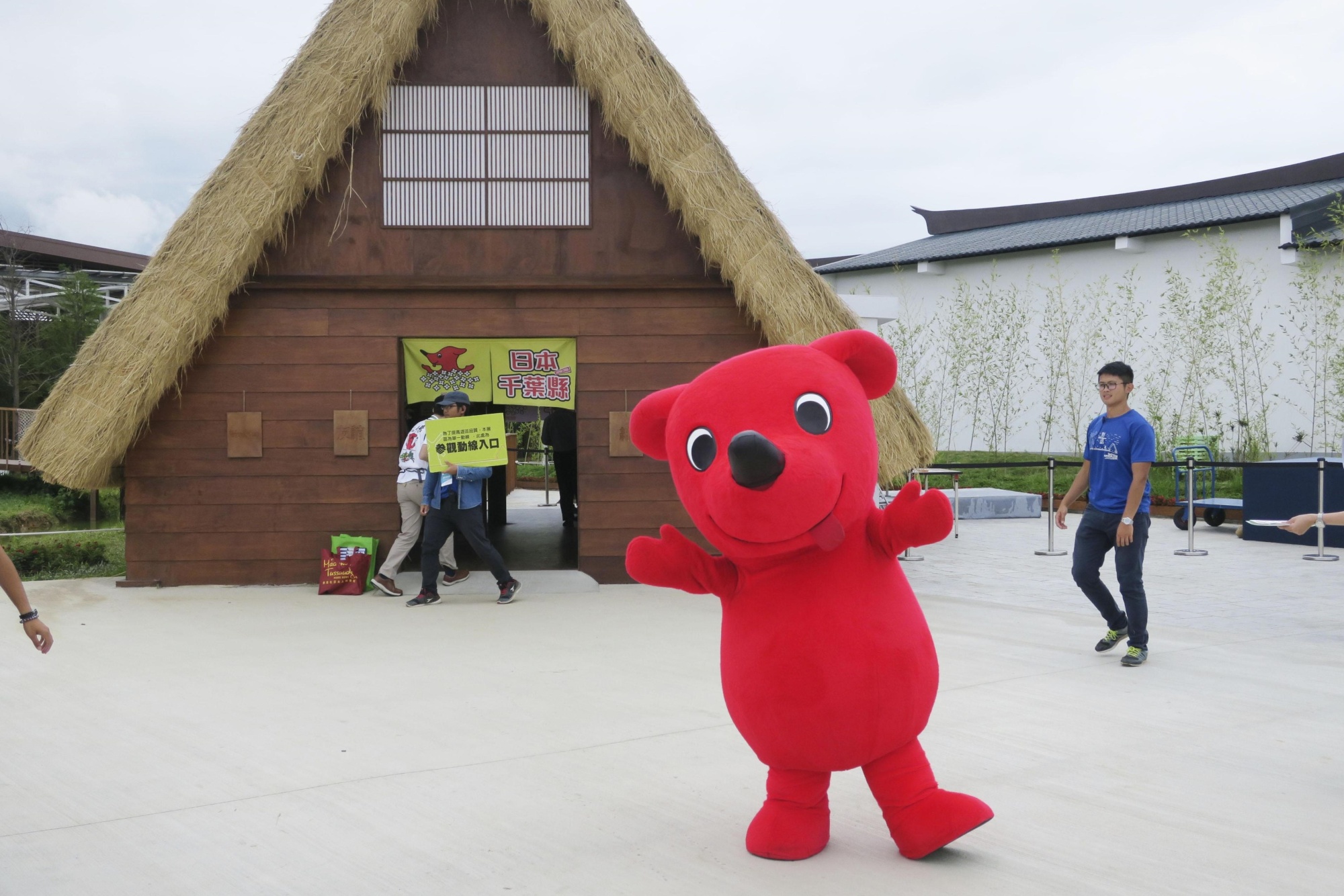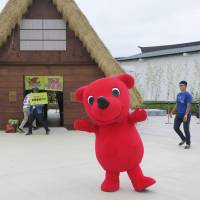Chiba Prefecture officials are promoting its agricultural products in Taiwan, hoping to debunk rumors that the products are still contaminated by nuclear substances following the 2011 Fukushima nuclear disaster.
"Our agricultural products meet safety standards," Narushi Kaji, the director of the Agriculture, Forestry and Fisheries Department for the Chiba Prefectural Government, said while in attendance at the Agriculture Expo in Taoyuan, northwestern Taiwan.
While Taiwan still bans the import of certain food products from Chiba, Kaji emphasized the importance of scientific evidence, saying he seeks to urge the Taiwanese public to refrain from believing groundless rumors and be confident that Chiba's agricultural products are safe to consume.
In addition to Chiba, Kagawa and Miyazaki prefectures are taking turns as hosts of the Japanese Specialty Exhibition at the expo, which began April 4 and will run through Sunday.
Chiba officials, which could not bring its own agricultural products to the expo, displayed sunflowers, calla lilies and wine products instead.
Chiba, the fourth-largest agriculture producing prefecture in the country, is known for its strawberries, cantaloupes, peanuts and sweet potatoes, Kaji noted.
In the wake of the March 2011 disaster triggered by a powerful earthquake and tsunami, Taiwan banned food imports from Fukushima Prefecture and nearby Ibaraki, Gunma, Tochigi and Chiba prefectures, and has also been conducting random radiation checks on nine categories of imported foods.
In November 2016, the Taiwan government has considered easing the ban on such food imports in two stages.
That plan, however, faced strong disapproval from the opposition Nationalist Party (KMT), which questioned the government's ability to ensure the safety of the imported products. The government backed away from the plan following revelations that banned food products had nevertheless slipped into the country and been sold.




